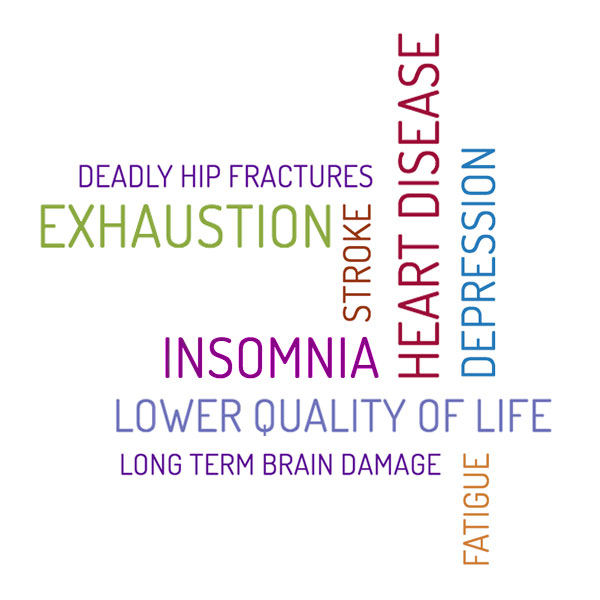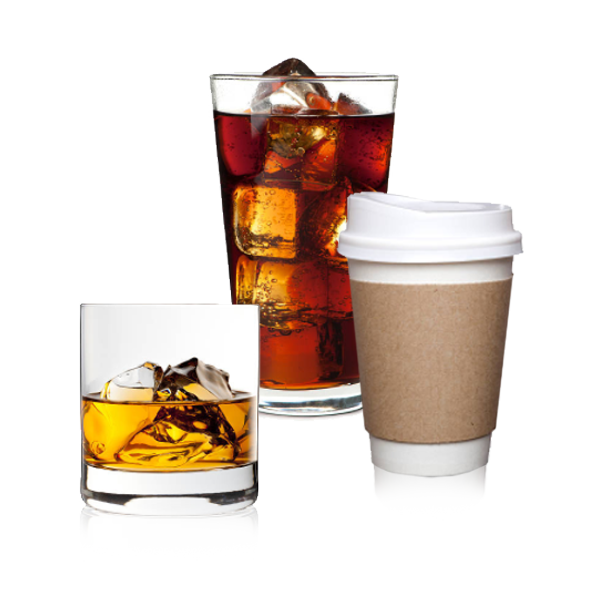For those who do not suffer from diabetes, but whose nocturia is affected by polyuria, the answer can be much simpler. Be very careful about how much you drink, especially within 4-5 hours of getting into bed. For many, drinking nothing after 6-7pm is a good rule of thumb.
What you drink or eat can also be a major factor. Drinks and food with caffeine will accelerate the production of urine for 10-12 hours or more, so try to avoid caffeine within 12 hours of going to bed. Caffeine also increases prostaglandin production, so that is a second important reason to avoid it later in the day. Tea, coffee, soft drinks, chocolate, and anything else containing caffeine can cause increased nocturia. Alcohol also increases urine production, so it is safe to assume a nocturia penalty will be paid whenever caffeine and/or alcohol are consumed later in the day.
Getting appropriate lifestyle advice to the many who suffer from nocturia should be a major goal of whatever firm brings an effective nocturia drug to the marketplace, since following the advice can make a huge impact on their patients’ results.





